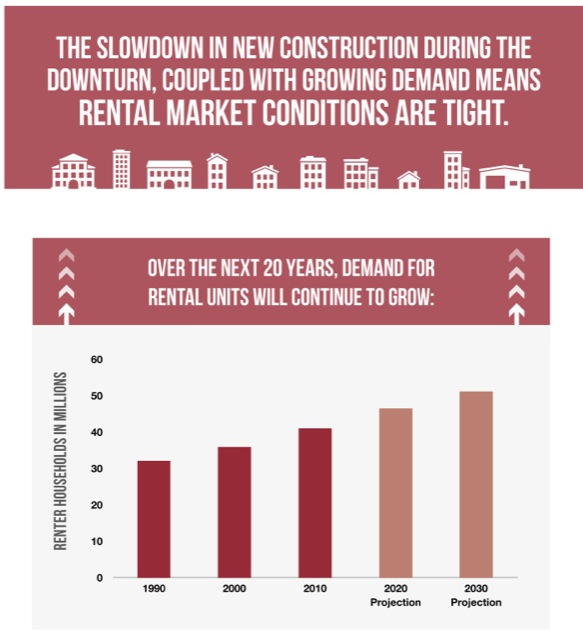Kansas City voters won’t get a chance to vote on light rail despite the fact that proponents gathered enough signatures to put it on the ballot. The court that rejected the measure said that the plan was unworkable because it didn’t provide enough money to build the mandated rail lines.
A light-rail fanatic named Clay Chastain had petitioned for light rail in Kansas City six times and lost. Then, in 2006, he put a crazy proposal on the ballot to built both light rail and an aerial tramway–this was right after Portland opened its aerial tramway–and managed to win, mainly because the people who normally opposed him figured the measure would lose and so they didn’t bother to campaign against it.
The 2006 measure didn’t include enough funding for the project because Chastain figured the federal government would pay for half. But the Federal Transit Administration looked at the numbers and realized that Kansas City would be forced to drastically cut its bus service if it built light rail, so it rejected the plan. Kansas City leaders put another measure on the ballot that voters mercifully rejected.









